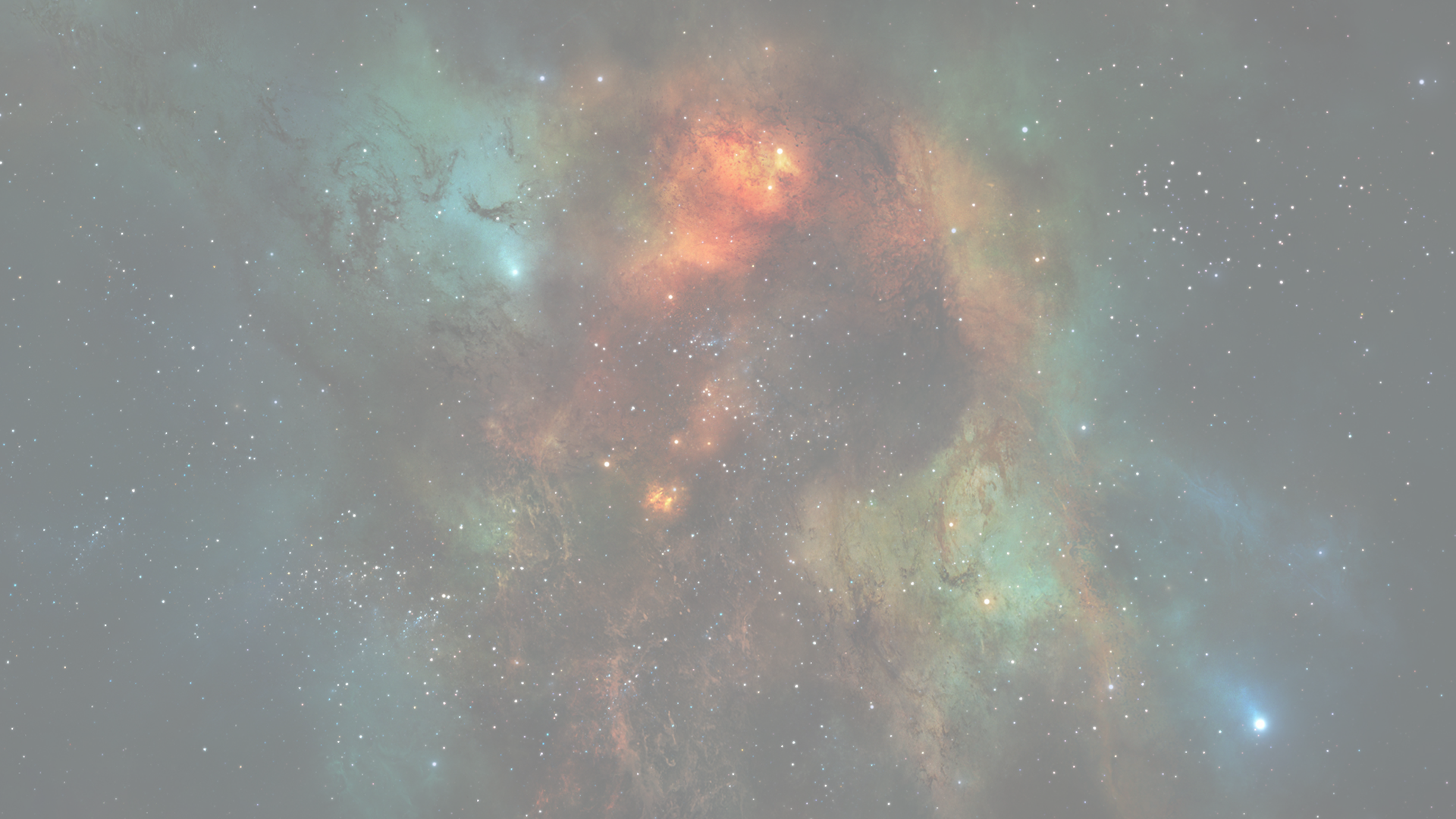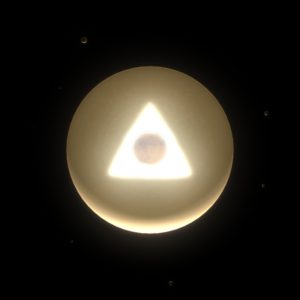


Irreducible Complexity
More than 200 perimeters to sustain life on Earth. Cant be a coincidence.
To many complex biological parts for evolution.
Too high a chance of intelligent life all over the universe.
Irreducible complexity (IC) is the argument that certain biological systems cannot evolve by successive small modifications to pre-existing functional systems through natural selection. Irreducible complexity is central to the creationist concept of intelligent design, but it is rejected by the scientific community,[1] which regards intelligent design as pseudoscience.[2] Irreducible complexity is one of two main arguments used by intelligent design proponents, the other being specified complexity.[3]
The theological argument from design was presented in creation science with assertions that evolution could not explain complex molecular mechanisms, and in 1993 Michael Behe, a professor of biochemistry at Lehigh University, presented these arguments in a revised version of Of Pandas and People.[4] In his 1996 book Darwin's Black Box he called this irreducible complexity and said it made evolution through natural selection of random mutations impossible.[5] This was based on the mistaken assumption that evolution relies on improvement of existing functions, ignoring how complex adaptations originate from changes in function, and disregarded published research.[4] Evolutionary biologists have published rebuttals showing how systems discussed by Behe can evolve,[6][7] and examples documented through comparative genomics show that complex molecular systems are formed by the addition of components as revealed by different temporal origins of their proteins.[8][9]
In the 2005 Kitzmiller v. Dover Area School District trial, Behe gave testimony on the subject of irreducible complexity. The court found that "Professor Behe's claim for irreducible complexity has been refuted in peer-reviewed research papers and has been rejected by the scientific community at large.